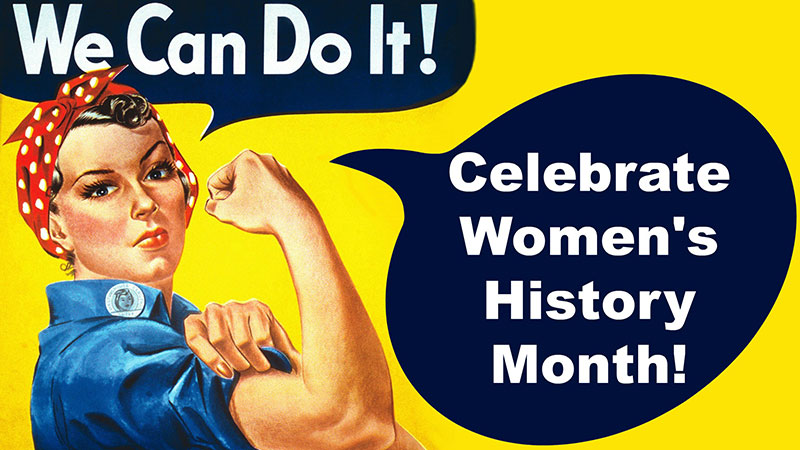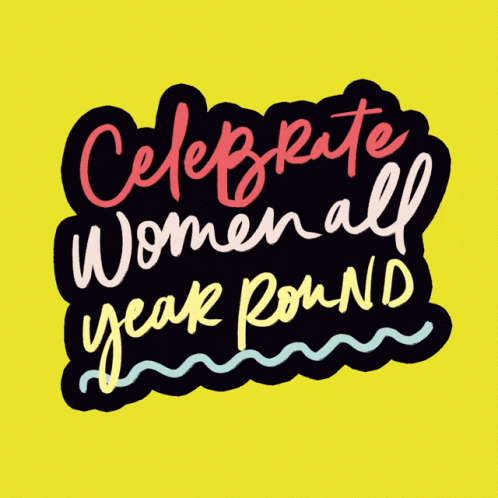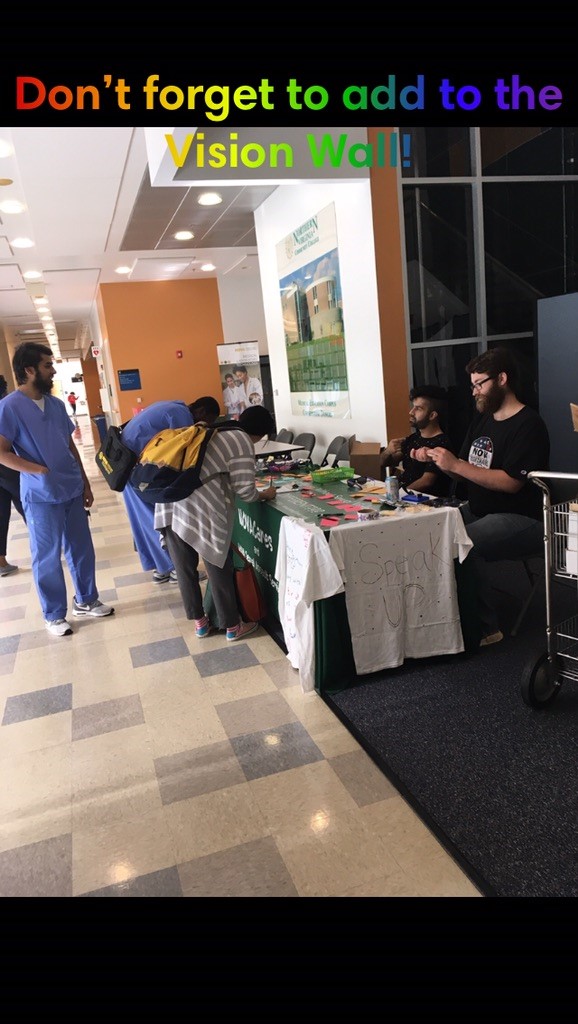October is Domestic Violence Awareness Month (DVAM)! Each business day in October, we send out a “DVAM: Did You Know?” highlighting interesting research findings and statistics or best practices in preventing and responding to domestic violence. Please share with your friends, family members, community groups, and colleagues.
October 1, 2015: Look Again at Domestic Violence in Fairfax County
DVAM:
Did You Know?
Did you know that every day in Fairfax County we respond to two people who are at high risk for homicide or serious physical injury at the hands of the person they love?
The Fairfax County Police Department has teamed up with the Fairfax County Office for Women & Domestic and Sexual Violence Services, Artemis House (Shelter House, Inc.), Bethany House of Northern Virginia, the Office of the Commonwealth’s Attorney, and the Victim Services Section of the FCPD to better predict and, ultimately, prevent serious injury and homicide from happening.
On July 1, 2015, those agencies started the Lethality Assessment Program. In the first two months of the program, over half (54%) of all domestic violence cases screened by FCPD were high-danger.
Of those cases, victims reported serious lethality risks, such as:
1. 33% reported the presence of a firearm in the home (or easy access to one)
The presence of a firearm makes it 5 times more like domestic violence will turn into murder.*
2. 55% reported stalking victimization (the offender following or spying on them or leaving threatening messages)
Nationally, 76% of femicide victims were stalked prior to their murder.
3. 64% reported a history of strangulation (often referred to as ‘choking’)
Strangulation is a serious crime that often leaves no visible injuries, even though it can create temporary or permanent brain damage in as little as 30 seconds.
A victim of domestic violence with a history of strangulation has a 800% increased risk of homicide.
*J. C. Campbell, D; Webster, J; Koziol-McLain, C. R; et al. 2003. Risk Factors For Femicide in Abusive Relationships: Results From A Multi-Site Case Control Study. American Journal of Public Health. 93(7). Accessed from: http://www.futureswithoutviolence.org/userfiles/file/Children_and_Families/Guns.pdf
** Judith McFarlane et al., “Stalking and Intimate Partner Femicide,” Homicide Studies 3, no. 4 (1999).] More at: http://www.victimsofcrime.org/docs/src/stalking-fact-sheet_english.pdf
*** Jacquelyn C. Campbell, Daniel Webster, Jane Koziol-McLain, et al. “Risk Factors for Femicide in Abusive Relationships: Results from a Multisite Case Control Study.” American Journal of Public Health, Volume 93, No. 7 (July 2003) 1089-1097. A study of 300 cases of strangulation survivors conducted by the San Diego City Attorney’s Office revealed that in 50% of the cases there were no visible markings to the neck and 35 % had only minor injuries (Strack, McClane & Hawley, 2001).
Info: http://www.janedoe.org/site/assets/docs/Learn_More/DV_Homicide/JDI_MediaGuide_Strangulation.pdf
What can we do?
Let’s change those statistics! Educating ourselves and our community members is a good first start:
o Join us for a media event today at 1:30pm at the Historic Courthouse: https://fcpdnews.wordpress.com/2015/09/28/preventing-domestic-violence-homicide/!
o Use social media to spread the word! Post or tweet responsible media articles (like any on the LAP press release above) on the subject or simple facts about the issue. Find sample posts and tweets like these each day in the DVAM Did you Know? this month:
o DVAM: Did you know that #domesticviolence is a leading cause of homicide in Fairfax County? DV-related homicides are predictable and preventable. Please help spread the word that services and support are available. For help, call Fairfax County’s 24-hour Hotline: 703-360-7273.
o DYK #DomesticViolence is a leading cause of homicide in #FairfaxCounty? Help is available: 703-360-7273 (24 HR) #DVAM2015 #LookAgain http://bit.ly/ffxdv
o Start a conversation! Everyone can speak out against domestic violence. You may be the safest person for a family member, friend, neighbor, or coworker to talk to. Check out these tips:
o What to say when you think someone is being abused
o What to say if you suspect someone is using abusive behavior
Sandy Bromley, JD
Fairfax County-Wide Domestic Violence Coordinator
Office: (703) 324-9494 Cell: (571) 215-2429
Community Events & Resources: www.fairfaxdvcommunity.org
Fairfax County Domestic Violence Action Center (DVAC)
Web: http://www.fairfaxcounty.gov/domesticviolence/dvac/
Information & Intake Line: (703) 246-4573
Fairfax County Office for Women & Domestic and Sexual Violence Services
Web: www.fairfaxcounty.gov/ofw
24-hour Hotline: (703) 360-7273















